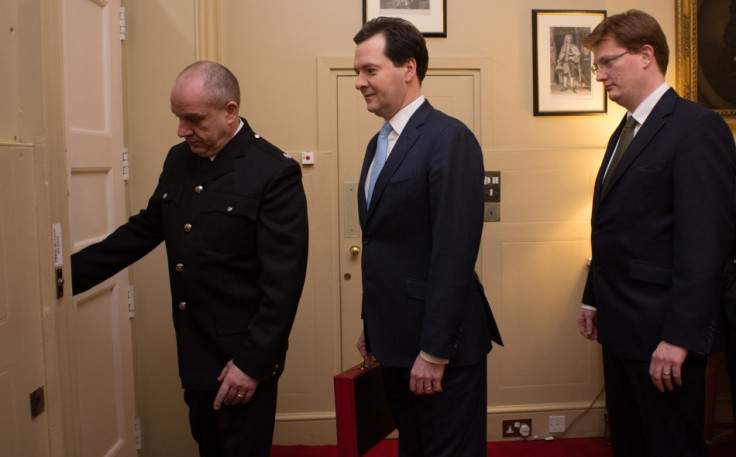Osborne's Budget 2013: Winning the Battle, Losing the War [VIDEO]

The problem with lowering expectations too much is that, even if you exceed them on the day, you're still likely to fall short of where you'd originally hoped to be in the first place.
George Osborne might be feeling a tad relived at having weathered the storm of what was easily the most difficult of his four Budget Statements as Chancellor of the Exchequer. But she shouldn't feel too comfortable about his future.
The weeks of suggestion that a "fiscally neutral" Budget would be devoid of all things interesting - save a change to the Bank of England's inflation remit - seemed to do the trick: markets were left focusing on the Bank's disagreements over growth and inflation, media were left focusing on the catty back-and-forth between coalition government backbenchers and their beleaguered Chancellor.
The actual statement, however, delivered a bit more zest - and it's details seemed to have caught the Opposition Bench off guard: Ed Miliband's reply to the Chancellor's statement was achingly devoid of specifics and could have been written several weeks' ago.
There were bits of support for buyers of newly built homes, (responsible) drinkers of pints in pubs, drivers of cars and parents of children in need of minding. Corporate taxes were cut, offset by a marginally higher levy on the banks (take that, Cyprus!) and businesses were given a £2,000 break on their National Insurance contributions. Low earners will pay no tax up to £10,000 and the shale gas industry will get a few investment perks.
All well and good.
All failing to hide the enormous electric-neon-pink elephant squat square in the middle of the House of Commons floor: growth.
Osborne's non-partisan fiscal watchdog, the Office for Budget Responsibility, hived its three-month old forecast in half, saying Britain's economy will likely only grow by 0.6 percent this year and expand at a faster pace than inflation (in other words, won't really grow at all) until at least 2016. That's because inflation, the Bank told us Tuesday, won't ease to its 2 percent target until at least 2016. That's *two* Olympic Games from now.
"Down, Down" sang the Labour backbenchers as the grisly figures were gleefully recounted by their Leader.
Rubbing more saline into the wounded Chancellors cuts, the OBR said the government's aim to reduce overall debt as a proportion of the economy will need at least another year to come good; two years longer than the 2015 time frame predicted in the last Budget.
A sterling grade on the Chancellor's efforts to reduce the "cyclically adjusted current budget" a year earlier than predicted is unlikely, in this correspondent's view, to find its way into too many headlines.
In many respects, this represents the Chancellor's biggest failure - not his ability to run the economy (the whole world is suffering and Britain has major issues to deal with domestically while fanning away the flames of a dangerous bonfire on the other side of the Channel) but his absolute inability to manage expectations.
He's needlessly touted that a triple-A rating from discredited agencies is the benchmark a fiscal strategy, shamelessly blinded his government's data with transfers from government departments, government auctions and the Bank of England and unforgivably continues to peddle the myth that trillion pound economies should be managed like penny-wise corner shops.
For that alone, he deserves little sympathy. When coupled with slower growth, more borrowing, missed targets and the largest deficits of any major developed economy, he deserves even less.
It's for his party to decide if he deserves to keep his job.
On present form, that's likely another target the Chancellor isn't going to be able to meet.
© Copyright IBTimes 2025. All rights reserved.





















